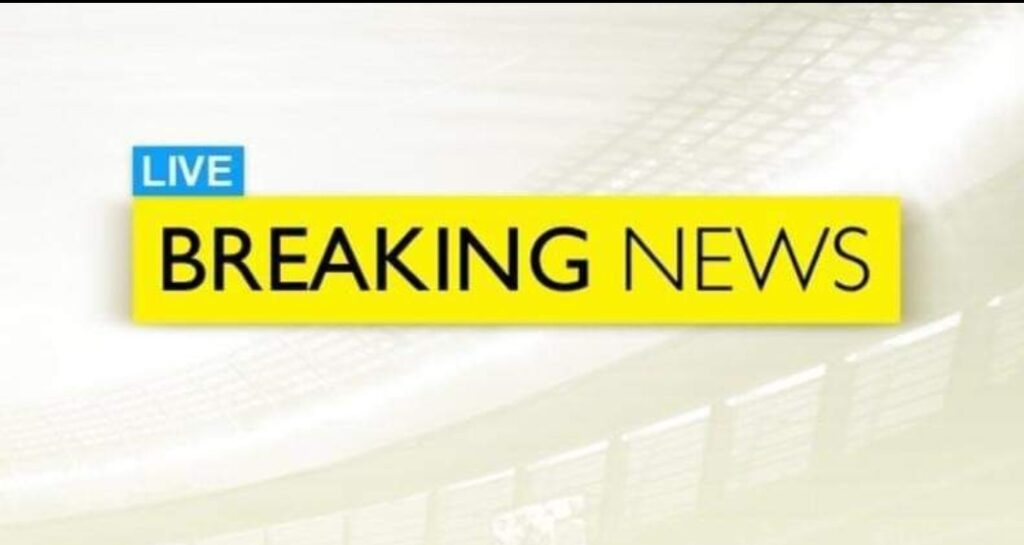The potential acquisition of a share in Manchester United by Sir Jim Ratcliffe could lead to unforeseen consequences in European football. Fans, dissatisfied with the Glazers’ tenure, hope for positive changes under Ratcliffe’s ownership. However, a complication arises as Ratcliffe also owns Nice, a Ligue 1 club.
If Nice secures a higher league position than Manchester United, UEFA rules prevent both clubs, owned by the same individual, from competing in the Champions League. Even if Erik ten Hag’s team finishes in the top four, this scenario would lead to United’s elimination from the prestigious tournament. This unforeseen consequence raises concerns among fans, considering the significant financial and reputational impact of missing out on the Champions League.
Despite potential oversight, Nice’s strong performance in Ligue 1 positions them favorably for Champions League qualification, potentially surpassing Manchester United. The financial implications for United, coupled with the disappointment for fans, create uncertainty about Ratcliffe’s desirability as a club owner.
The situation underscores the intricate challenges and unexpected outcomes that can arise in the dynamic world of football ownership. As the season unfolds, supporters grapple with conflicting emotions, weighing their desire for change against the risks associated with potential disqualification from top-tier European competition. The intersection of ownership dynamics, club performance, and UEFA regulations introduces a layer of complexity that adds a new dimension to the ongoing narrative of Manchester United’s future.
